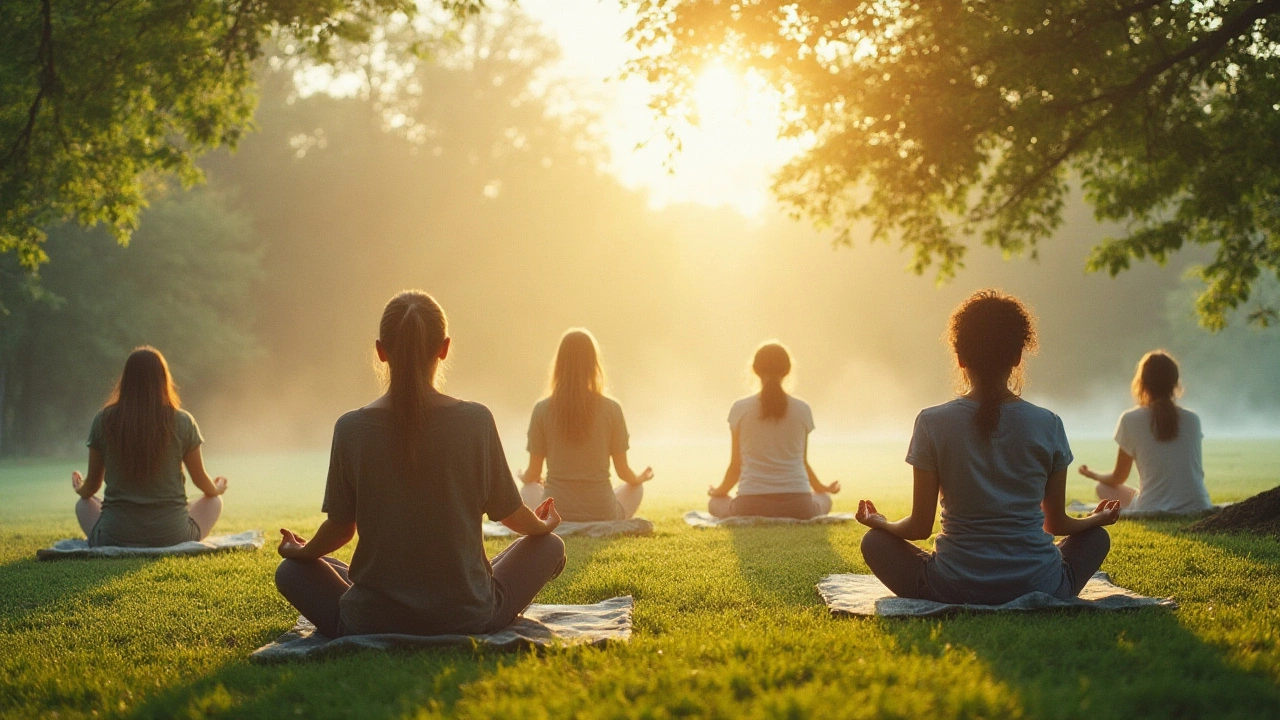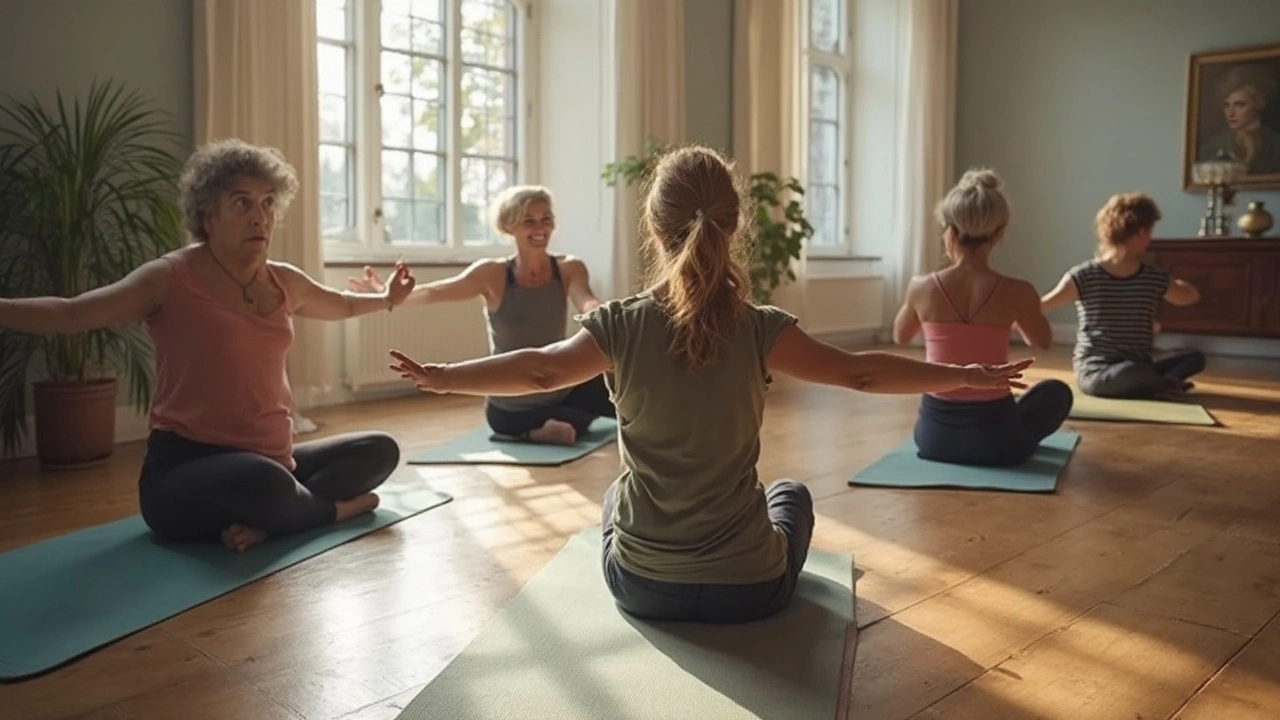Movement Awareness: Start Feeling Better in Your Body
Do you feel stiff after sitting or worry your posture is getting worse? Movement awareness is about noticing how you move, then making small changes that add up fast. This page points you to practical habits and therapies—like Ortho-Bionomy, Rolfing, Hellerwork, and simple at-home exercises—that help you move with less pain and more ease.
Quick movement checks you can do now
Try these short tests to spot what needs work. They take under two minutes and you can do them anywhere.
- Seated spine check: Sit tall, take a breath, then let your shoulders relax. Can you feel your ribs lift? If not, add one deep breath each hour to wake the mid-back.
- Neck sweep: Slowly look left and right, then chin tuck and lift. Stop where you feel tightness and hold for five breaths—slow movement teaches control, not force.
- Stand-to-sit test: Stand and sit five times without using your hands. If your knees or low back protest, your movement pattern needs retraining.
How to add movement awareness into daily life
Small, consistent steps beat big one-off fixes. Start with two habits: a morning 5-minute body scan and a single movement break every hour. For the body scan, lie on your back and follow your breath from pelvis to head—notice tension but don’t push. For the hourly break, do 10 slow shoulder rolls and one gentle hip hinge. That’s it.
If you want structured help, try methods mentioned across our posts. Ortho-Bionomy offers gentle positioning to reduce pain; Rolfing and Hellerwork work deeper on posture and alignment; Feldenkrais-style lessons improve coordination. Read our guides like "Ortho-Bionomy: Transforming Body Healing Naturally," "Rolfing for Scoliosis," and "Revolutionize Your Wellness: How Hellerwork Therapy Transforms Body Health" for clear next steps.
Hands-on therapies are useful when home habits don’t budge chronic pain. Book a session if daily life limits you—like difficulty bending, constant neck pain, or noticeable curve changes with scoliosis. A skilled practitioner will show you movement patterns to practice between sessions so results stick.
Want an exercise plan? Try this simple routine, three times a week: 1) 5 minutes of breath-connected spine rolls, 2) 5 slow hip hinges focusing on glute activation, 3) 2 sets of gentle shoulder blade squeezes. Keep reps low and slow. The aim is control and awareness, not fatigue.
Finally, track change. Take a quick video of your standing posture once a month or note one movement you do easier now (like tying shoes or climbing stairs). Small wins show you’re on the right path and keep you consistent.
Explore the linked articles on this tag for step-by-step guides, real stories, and therapy overviews. Movement awareness isn’t a fad—it’s a practical tool you can use every day to feel better and move freer.

Feldenkrais Training: Unlocking Mindful Body Movement for Lasting Wellness
Discover how Feldenkrais training can transform your mind and body through mindful movement. Explore its science, practical tips, and real-life stories in this comprehensive guide.

How Feldenkrais Training Transforms Your Yoga Practice for Greater Flexibility & Awareness
Discover how Feldenkrais training can level up your yoga. Master mindful movement, boost flexibility, and prevent injuries in your daily practice.
Categories
- Health and Wellness (149)
- Alternative Therapies (96)
- Massage Therapy (40)
- Travel and Culture (15)
- Beauty and Skincare (9)
- Holistic Health (8)
- Health and Fitness (6)
- Spirituality (5)
- Other (2)
- Personal Development (2)
Popular Articles

The Impact of Rungu in African Culture
Aug, 5 2023


